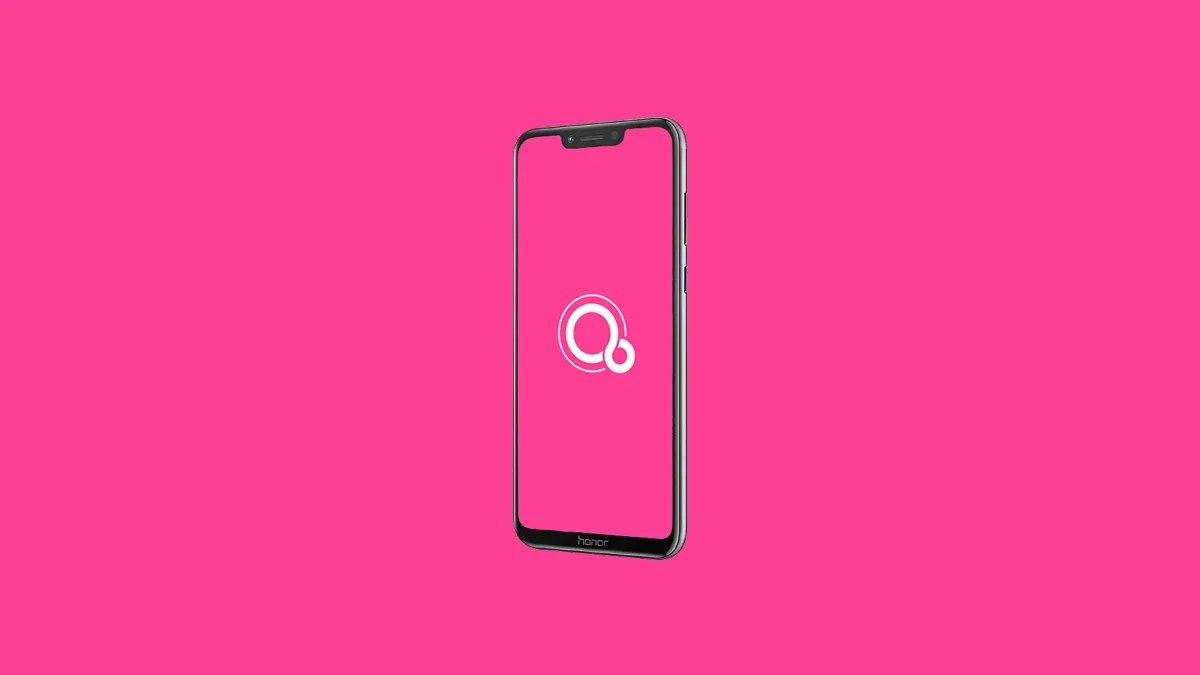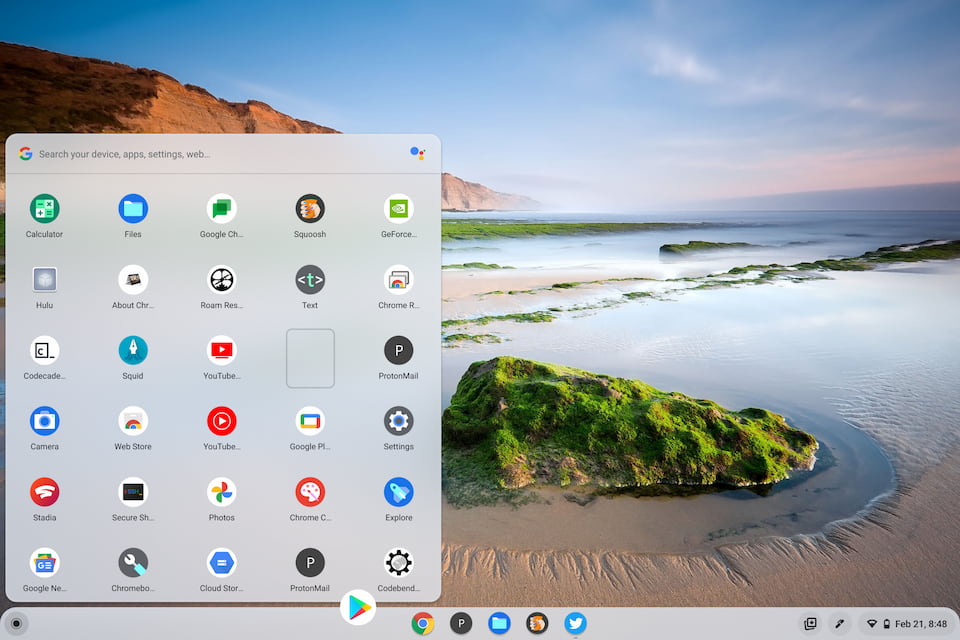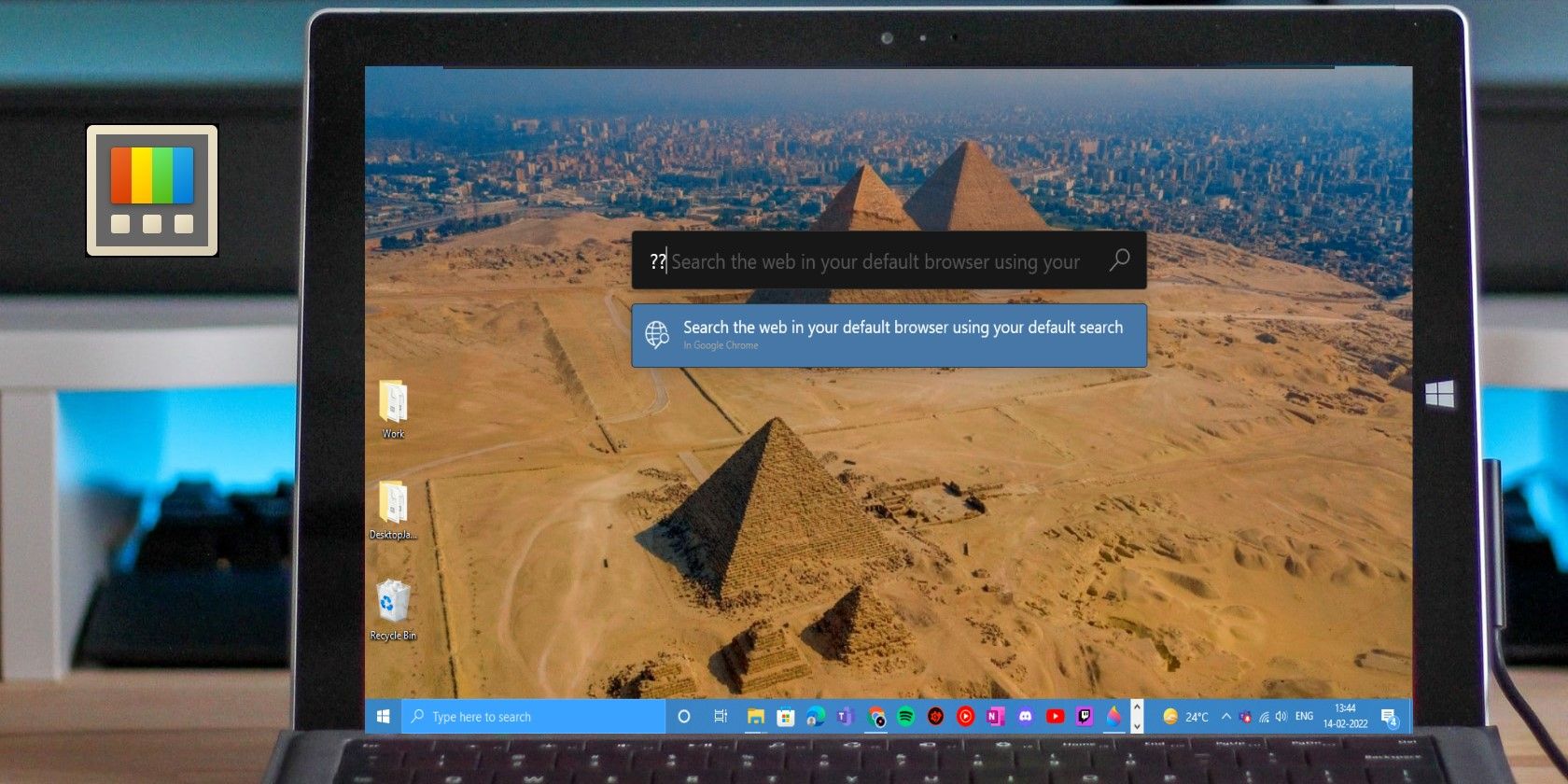Google has retired its Zircon-based open-source operating system Fuchsia’s code from the Android Open Source Project (AOSP), by 9to5Google.
Google apparently started working on Fuchsia in 2016, and in 2019 it was described as one of the company’s experiments around new operating system concepts. The first-generation Nest Hub became the first device to run Fuchsia in May 2021.
Google apparently wants devices running Fuchsia to be able to run apps from other platforms like Android and Linux. This will theoretically allow Fuchsia to one day replace other operating systems.
We’ve already heard rumors that Google has considered migrating Android and Chrome devices, including its Pixel phones, to Fuchsia, and even Samsung is helping develop it. A few reports have also indicated that future Samsung phones may run Fuchsia.
Google had initially tried running Android using a virtual machine on Fuchsia devices, but that wasn’t necessarily the most efficient way.
To create a more direct relationship, the company created a project called device/google/fuchsia in public Android code (AOSP) in 2019 that would create versions of Android Runtime designed for devices running Fuchsia. Work on the project stopped in early 2021 and this week all the corresponding code has been removed from Android.
This code has been replaced with a “TODO” message, which indicates that Google may be working on a replacement. The developer who made the modification works on the Starnix project, which was designed to allow Fuchsia to run apps and libraries originally designed for Android or Linux. This is similar to how Apple’s M-series Macs run Intel-based applications using the Rosetta 2 dynamic binary translator.
Here’s how Google describes it:
As we expand the universe of software we want to run on Fuchsia, we come across software we want to run on Fuchsia that we don’t have the ability to recompile. For example, Android apps contain native code modules that have been compiled for Linux. To run this software on Fuchsia, we need to be able to run binaries without modifying them.
The Starnix team currently seems to be working on making Fuchsia compatible with Android and its apps. All of this seems to suggest that Google is actively working to bring Fuchsia to more devices.




